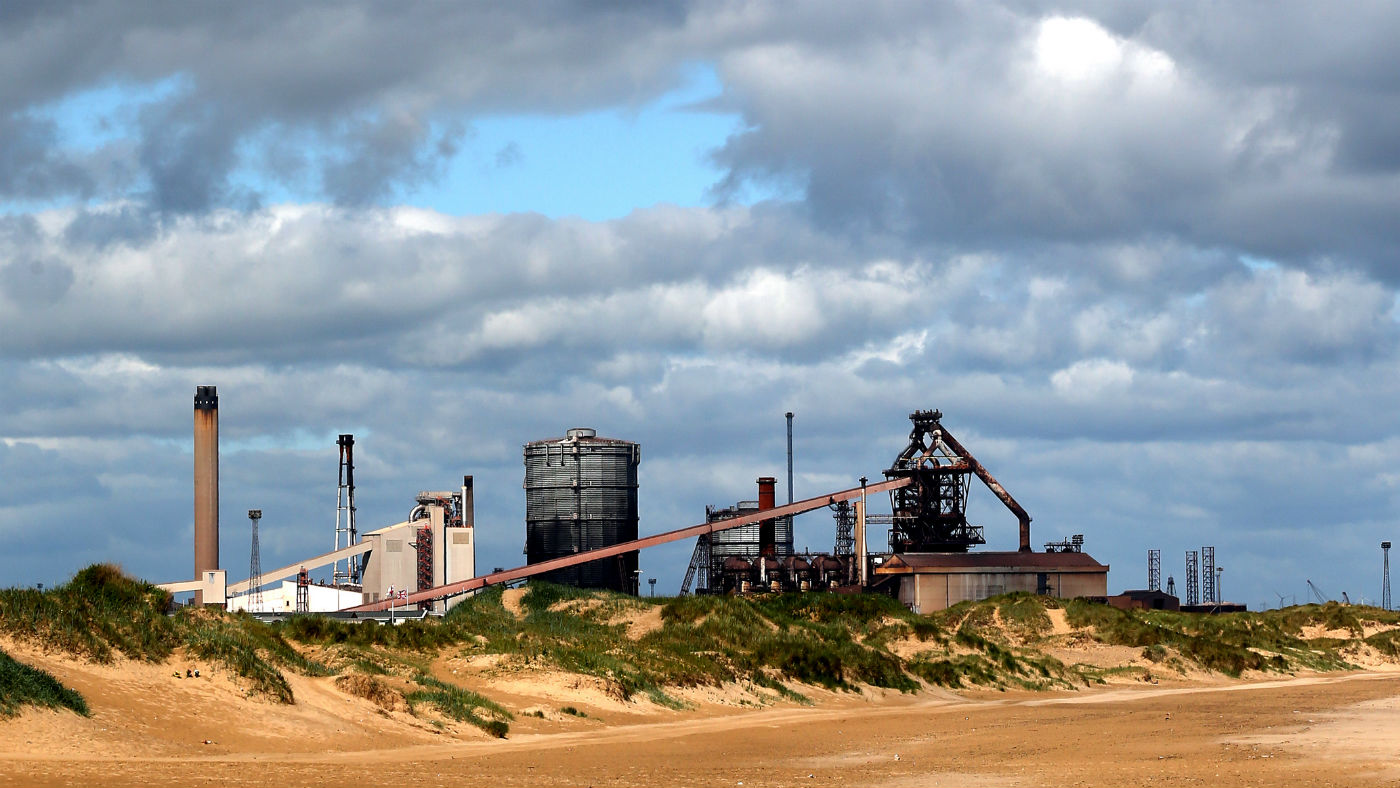Leave areas ‘will take biggest hit from Brexit’
Theresa May proposes ‘clean break’ with EU after transition, despite troubling government analysis

A free daily email with the biggest news stories of the day – and the best features from TheWeek.com
You are now subscribed
Your newsletter sign-up was successful
The areas of Britain that voted most strongly for Brexit will suffer the biggest economic hit when the UK leaves the EU, secret Brexit impact analysis now released to MPs by the Government has revealed.
Documents prepared by Whitehall and released to MPs after pressure from Labour and pro-EU Tories, suggest North-East England, the West Midlands and Northern Ireland will suffer the greatest hits to economic growth after Brexit.
The North-East, which overwhelmingly voted to leave the EU, would suffer a 16% dip in economic growth in the event of no deal. Even with the Government’s preferred outcome of a free trade deal with the EU, the region would still see an 11% drop in growth.
The Week
Escape your echo chamber. Get the facts behind the news, plus analysis from multiple perspectives.

Sign up for The Week's Free Newsletters
From our morning news briefing to a weekly Good News Newsletter, get the best of The Week delivered directly to your inbox.
From our morning news briefing to a weekly Good News Newsletter, get the best of The Week delivered directly to your inbox.
By comparison, London, which was among the highest Remain areas in the country, would sustain just a 3.5% fall in growth in a no deal scenario.
Elsewhere in the leaked report, which has been published by The Independent, it was revealed the UK retail sector, the country’s biggest private employer, could see its costs rise by 20% after Brexit, while the price of food and drink could rise by 16%.
Labour’s Stephen Doughty took issue with the way the analysis was reaching the public: “It is utterly shameful that people all across this country are having to rely on leaks to find out how much damage a hard, destructive Brexit will do to their local economies and the country as a whole.
“The Government cannot continue to try and hide taxpayer-funded analysis from the public, just because they’re afraid of the political consequences.”
A free daily email with the biggest news stories of the day – and the best features from TheWeek.com
It has emerge that the Prime Minister has told her Cabinet to expect a clean and “immediate” break from the EU as soon as the transition period ends in 2021.
According to senior British officials, under plans set out by Theresa May yesterday, Britain will diverge from a series of key EU rules and regulations but keep the power to go back in at a later stage.
Speaking to Politico, the official said the three areas where the Government wants to diverge after Brexit are agricultural subsidies, financial services regulation and trade policy.
While the proposal reportedly has support within Cabinet, “it is likely to spark concerns within the Tory ‘soft Brexit’ camp that it could lead to a hard Brexit, and potentially be damaging to the economy”, says The Express.
-
 6 exquisite homes with vast acreage
6 exquisite homes with vast acreageFeature Featuring an off-the-grid contemporary home in New Mexico and lakefront farmhouse in Massachusetts
-
 Film reviews: ‘Wuthering Heights,’ ‘Good Luck, Have Fun, Don’t Die,’ and ‘Sirat’
Film reviews: ‘Wuthering Heights,’ ‘Good Luck, Have Fun, Don’t Die,’ and ‘Sirat’Feature An inconvenient love torments a would-be couple, a gonzo time traveler seeks to save humanity from AI, and a father’s desperate search goes deeply sideways
-
 Political cartoons for February 16
Political cartoons for February 16Cartoons Monday’s political cartoons include President's Day, a valentine from the Epstein files, and more
-
 Can the UK avoid the Trump tariff bombshell?
Can the UK avoid the Trump tariff bombshell?Today's Big Question President says UK is 'way out of line' but it may still escape worst of US trade levies
-
 Five years on, can Labour's reset fix Brexit?
Five years on, can Labour's reset fix Brexit?Today's Big Question Keir Starmer's revised deal could end up a 'messy' compromise that 'fails to satisfy anyone'
-
 Why au pairs might become a thing of the past
Why au pairs might become a thing of the pastUnder The Radar Brexit and wage ruling are threatening the 'mutually beneficial arrangement'
-
 Brexit: where we are four years on
Brexit: where we are four years onThe Explainer Questions around immigration, trade and Northern Ireland remain as 'divisive as ever'
-
 Is it time for Britons to accept they are poorer?
Is it time for Britons to accept they are poorer?Today's Big Question Remark from Bank of England’s Huw Pill condemned as ‘tin-eared’
-
 Is Brexit to blame for the current financial crisis?
Is Brexit to blame for the current financial crisis?Talking Point Some economists say leaving the EU is behind Britain’s worsening finances but others question the data
-
 Labour shortages: the ‘most urgent problem’ facing the UK economy right now
Labour shortages: the ‘most urgent problem’ facing the UK economy right nowSpeed Read Britain is currently in the grip of an ‘employment crisis’
-
 Will the energy war hurt Europe more than Russia?
Will the energy war hurt Europe more than Russia?Speed Read European Commission proposes a total ban on Russian oil